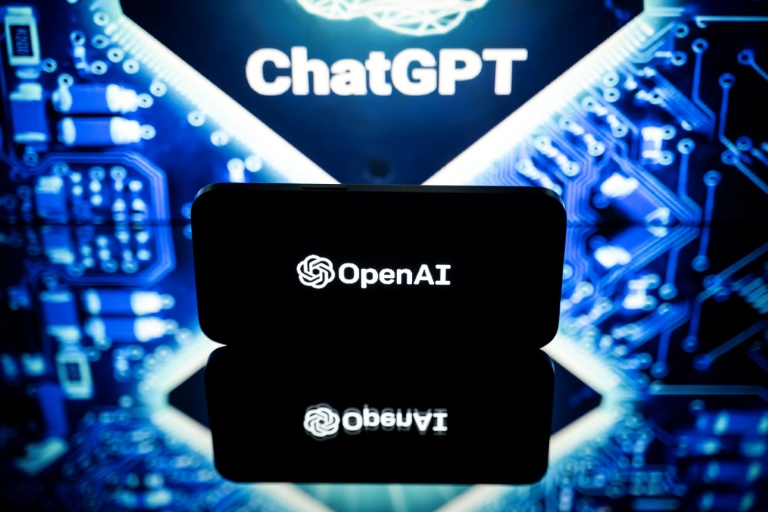A new generation of AI chatbots has unleashed a titanic battle between Microsoft and Google for the eyeballs of billions of web users, and the dollars they bring.
Microsoft has gone all-in with a multibillion-dollar investment in OpenAI, the firm behind the world’s most buzzy bot ChatGPT, hoping to revolutionise its unloved Bing search engine.
Google has owned the search market for two decades and is not ceding any ground — it hit back this week with an in-house bot of its own, called Bard.
And the AI gold rush is not limited to Silicon Valley search giants, Chinese firm Baidu announcing its own bot this week.
But what exactly is the fight about?
Big tech firms have spent years ripping unimaginable amounts of data from the internet and churning it into so-called large language models that they use to train algorithms.
This is how voice recognition tools like Amazon’s Alexa, Apple’s Siri or Google Assistant work.
Google and Facebook owner Meta have poured their efforts into tools that can translate hundreds of languages, screen for harmful content, or target users with personalised ads.
Yet the fundamentals of search have remained largely unchanged.
You punch a few words into Google and it spits back a mix of useful links and often less useful ads.
But if AI has its way, these familiar pages of blue links could soon be just another dusty corner of internet history.
– ‘Relegated to history’ –
“A tool like ChatGPT can create search engines that give a structured answer to questions instead of simply a list of documents like Google does at the moment,” said Thierry Poibeau of French research institute CNRS.
What that means in practice is that future search engines will not produce lists of links — instead they will give the user coherent and full answers using multiple sources.
Neeva, a search engine that markets itself as privacy friendly, is already pushing this kind of experience.
Neeva founder Sridhar Ramaswamy, a former Google executive, told AFP that smaller companies were much better placed to innovate.
“We use large language models to look at all of the pages that are going to result for a query and show you a summary, and then show you a very rich visual experience,” he said.
Like many analysts, Ramaswamy was highly critical of his former firm’s obsession with ads, which he claimed was ruining the experience of users.
Industry analyst Rob Enderle said Google’s search business risked being torpedoed by innovations in AI.
“Google still largely lives off the fact their search engine is the most widely used,” he said.
But these changes could “relegate them to history”.
However, there is still a long way to go before AI chatbots successfully wed themselves to search engines.
– Racist bots –
“Tools like chatGPT provide the illusion of an all-knowing being answering your questions, but that’s not true,” said Claude de Loupy of French AI text firm Syllabs.
Social media is overflowing with comical examples of ChatGPT’s failings, not least its lack of ability in basic maths.
It has also been accused of bias after it refused to generate a poem praising Donald Trump but was more than happy to pen a paean to his successor as US president, Joe Biden.
There are questions about the sources the bots are trained on, the people who are employed in often terrible conditions to program them, copyright issues around pictures and the ultimate question of how firms will monetise their new toys.
However, OpenAI has largely managed to clear up one vital aspect that has plagued such bots — it is very difficult to get ChatGPT to say offensive things.
Microsoft got burnt in 2016 when its teenage AI chatbot Tay was immediately jumped on by Twitter users who got it to spout racist comments.
Meta was similarly embarrassed last year when it launched an AI tool called Galactica.
It was intended to help academics to write papers but had to be withdrawn after it invented citations and could be asked to write racist tracts.

 Business4 months ago
Business4 months ago
 Business5 months ago
Business5 months ago
 Events3 months ago
Events3 months ago
 People4 months ago
People4 months ago
 Events6 months ago
Events6 months ago
















